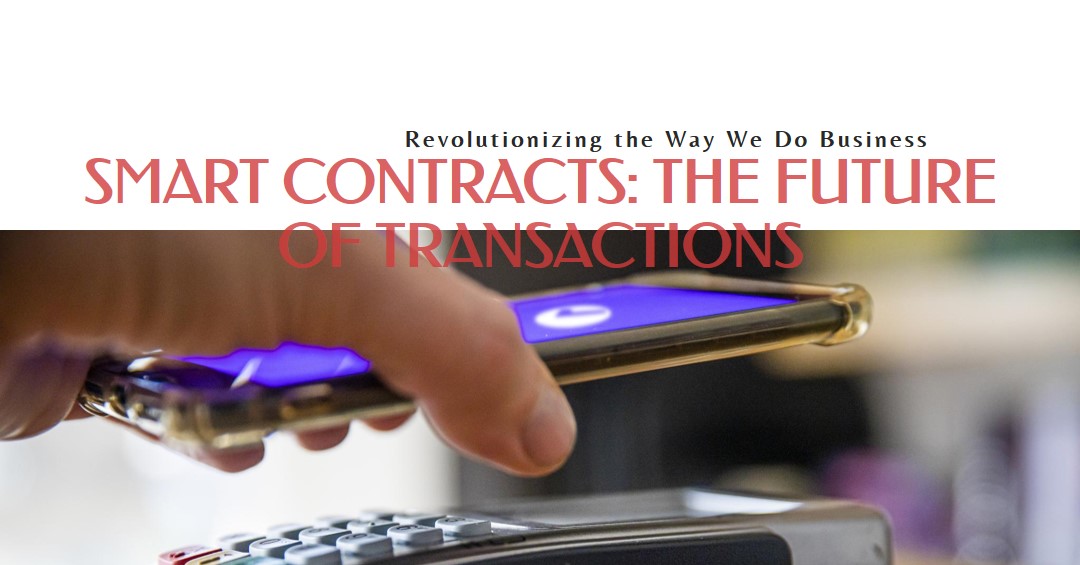Road Traffic Offences in Romania: Laws & Penalties
If you are a driver or planning to obtain a driving license in Romania, it is crucial to be aware of the specific laws and penalties related to traffic offenses.
Understanding the consequences of these offenses can help you navigate the roads safely and avoid penalties.
Traffic violations in Romania encompass a range of offenses, each with its own set of penalties dictated by the Romanian Criminal Code.
One of the most serious offenses is driving without a license, which can lead to imprisonment for one to five years.
Similarly, driving a vehicle without the appropriate license category, or when the license has been withdrawn, canceled, or suspended, can result in imprisonment for six months to three years or a fine.
Entrusting a vehicle to someone who does not possess a valid license or is under the influence of alcohol or drugs is also punishable by imprisonment.
To ensure compliance with traffic laws and avoid these severe penalties, it is essential to adhere to the regulations set by the Romanian authorities.
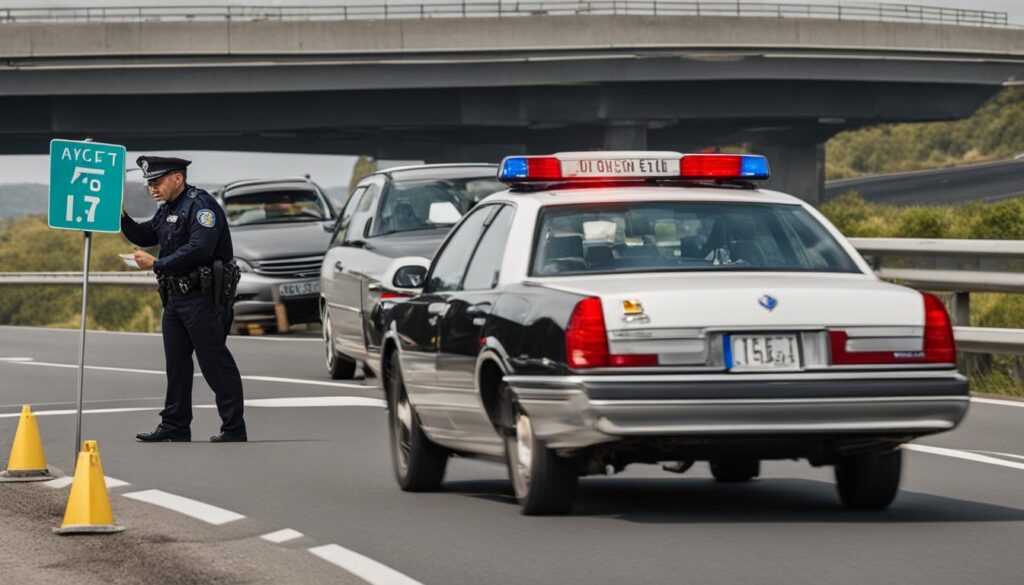
Driving a Motor Vehicle Without a Driving License in Romania
Driving a motor vehicle without a valid driving license is a serious offense in Romania. Under Article 335 of the Romanian Criminal Code, this offense carries a penalty of imprisonment for a period of one to five years.
It is important to note that this offense applies to individuals who do not have a valid driving license. If a person has acquired the right to drive but does not possess the necessary documents or if their license has expired, it does not constitute driving without a license. In such cases, these offenses are subject to fines according to Article 101 of the Romanian Traffic Code.
The act of driving, as defined by the Supreme Court, includes directing the movement of a vehicle on public roads, regardless of whether the engine is running.
| Offence | Punishment |
|---|---|
| Driving without a valid license | Imprisonment for one to five years |
| Driving with an expired license or without necessary documents | Fines according to Article 101 of the Romanian Traffic Code |
Driving with an Inappropriate or Suspended License in Romania
Driving with an inappropriate license or a suspended license is a serious offense in Romania that carries severe penalties.
Drivers must ensure that they possess the correct license category or subcategory for the vehicle they are operating.
If you are caught driving with an inappropriate license in Romania, you may face imprisonment for a period of six months to three years, or you could be fined. Additionally, driving a vehicle with a suspended license can result in the same penalties.
The severity of the punishment depends on various factors, including the circumstances surrounding the offense and any prior convictions.
However, it is important to note that the court may consider replacing the fine with a warning in certain cases where the offense is deemed to be of low social danger and the behavior has been immediately corrected upon detection.
This is at the discretion of the judge, and it is not guaranteed in every case.
To avoid the consequences of driving with an inappropriate or suspended license, it is crucial to adhere to the licensing requirements set by the Romanian authorities. Always ensure that your license is valid and appropriate for the vehicle you are driving.
This will help you stay in compliance with the law and ensure the safety of yourself and others on the road.
Penalties for Driving with an Inappropriate or Suspended License in Romania:
| Offense | Penalty |
|---|---|
| Driving with an inappropriate license | Imprisonment for 6 months to 3 years or a fine |
| Driving with a suspended license | Imprisonment for 6 months to 3 years or a fine |
Driving by a Person not Entitled to Drive in Romania
In Romania, it is illegal for a person to drive a motor vehicle if they are not entitled to do so. This can occur if a person’s driving license is not issued by an EU country or a country with which Romania has a driving license recognition agreement. In such cases, driving on Romanian roads is considered a criminal offense.
The penalties for driving by a non-entitled person include imprisonment for a period of six months to three years or a fine.
Individuals need to ensure that they have the necessary driving qualifications before driving in Romania.
If you attempt to drive in Romania without the proper license, you may face severe consequences.
Not only can you be deprived of your freedom through imprisonment, but you may also be subject to substantial financial penalties. Driving without the appropriate entitlement jeopardizes the safety of both yourself and other road users.
It is crucial to respect and adhere to the driving regulations in Romania to avoid legal troubles and ensure the safety of all individuals on the road.
To emphasize the gravity of this offense and its potential consequences, here is a table outlining the penalties for driving by a non-entitled person:
| Fine Range (RON) | Imprisonment |
|---|---|
| 1000 – 5000 | 6 months to 3 years |
Driving without entitlement is a serious offense, and it is essential to respect the driving laws in Romania to avoid facing these penalties.
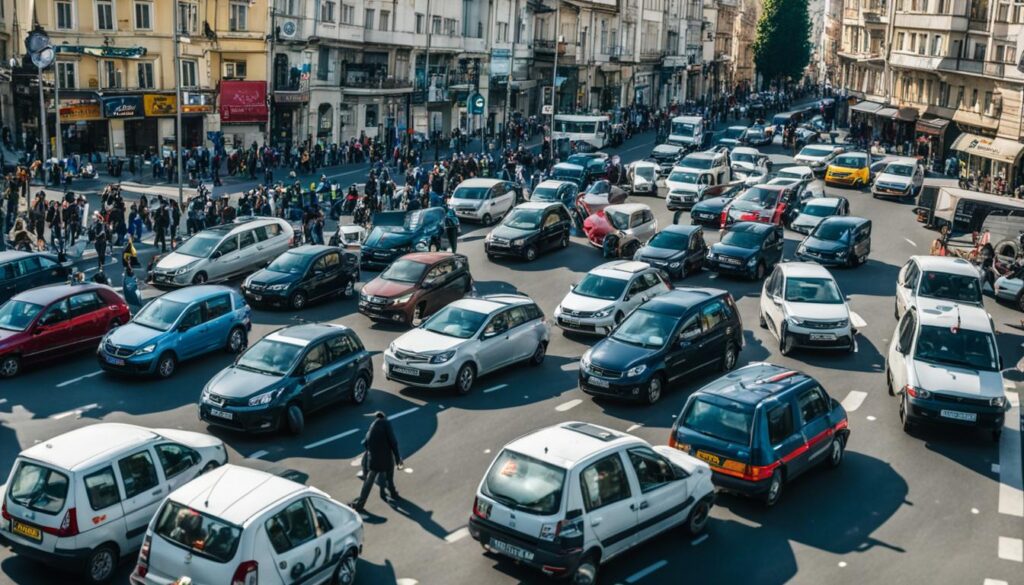
unqualified driver Romania
Entrusting a Motor Vehicle to an Unlicensed or Impaired Driver in Romania
In Romania, it is a criminal offence to entrust a motor vehicle to a person who is not legally entitled to drive or is under the influence of alcohol or psychoactive substances.
This offence applies to individuals who knowingly provide access to a vehicle to someone who is not qualified to drive or is impaired.
The penalties for entrusting a vehicle to an unlicensed or impaired driver are severe.
They include imprisonment for a period of six months to three years or a fine. It is important for vehicle owners to understand the consequences of entrusting a vehicle to an unlicensed or impaired driver and to take steps to prevent it from happening.
By entrusting your vehicle to an unlicensed or impaired driver, you not only put the driver’s safety at risk but also the safety of other road users.
It is crucial to prioritize road safety and prevent the occurrence of accidents and injuries caused by unqualified or impaired drivers.
As a responsible vehicle owner, it is your duty to verify the driver’s license and ensure that they are legally authorized to operate your vehicle.
By doing so, you contribute to the overall safety of the road and help prevent unnecessary accidents.
If you suspect that someone is driving your vehicle without a valid license or while impaired, it is important to report it to the authorities immediately.
Doing so can help prevent potential accidents and hold the responsible parties accountable for their actions.
Tips to Avoid Entrusting Your Vehicle to an Unlicensed or Impaired Driver:
- Always verify the driver’s license before allowing them to operate your vehicle.
- If the driver is impaired or shows signs of impairment, do not allow them to drive.
- Make sure to educate and inform other individuals who have access to your vehicle about the legal requirements and the importance of responsible driving.
- If you suspect that someone is driving your vehicle without a valid license or while impaired, report it to the authorities immediately.
By following these simple steps, you can help promote road safety and prevent accidents caused by unlicensed or impaired drivers.
Contesting Traffic Offence Fines in Romania

If you have been fined for a traffic offense in Romania, you have the right to challenge the fine by filing an administrative complaint with the appropriate court.
To contest the fine, you need to gather the necessary information and supporting evidence to strengthen your case.
Gather the Required Information and Evidence
When filing a complaint, it is important to include your identification details, such as your full name, address, and personal identification number.
Additionally, provide the offense report number and the date it was issued. This information will help the court identify your case and investigate it further.
You should also outline the grounds for your complaint.
Clearly explain why you believe the fine is unjust, highlighting any relevant details or circumstances that support your argument.
It is helpful to provide any supporting evidence, such as photographs, witness statements, or any other documentation that strengthens your case.
File the Complaint with the Appropriate Court
After gathering all the necessary information and evidence, you can file your administrative complaint with the court having jurisdiction over the area where the offense was committed.
Make sure to follow the court’s specific requirements for filing a complaint, including any necessary forms or documents.
Once your complaint is submitted, the court will review your case and assess the validity of your arguments and evidence.
It is important to note that complaining automatically suspends the enforcement of the penalty until a final judgment is given by the court.
During the court proceedings, it is recommended to seek legal advice from a qualified Romanian lawyer who specializes in traffic offenses.
They can provide expert guidance, help you navigate the legal process, and ensure that your rights are protected.
Final Thoughts
Challenging traffic offense fines in Romania is a legal right for individuals who believe they have been unjustly penalized.
By gathering the necessary information, outlining strong grounds for your complaint, and submitting it to the appropriate court, you have the opportunity to contest the fine and seek a fair resolution.
Remember, seeking legal counsel is highly recommended to maximize your chances of success and ensure a thorough understanding of the legal procedures involved.
Frequently Asked Questions (FAQ)
1. What are the traffic rules that apply in Romania?
When driving in Romania, it’s important to be familiar with the local traffic rules and road safety regulations.
These rules are enforced by the Romanian police and cover various aspects such as speed limits, right of way, lane usage, and more.
2. How can I report a traffic offence in Romania?
If you witness a traffic offence or are a victim of one, you can file an offence report with the Romanian police or the competent authority within 15 days from when the offence was committed.
The report must include details such as the date, time, location, and nature of the offence.
3. What is the procedure for filing a complaint about a road traffic incident in Romania?
If you need to lodge a complaint related to a road traffic incident, you can do so by contacting the traffic police or the relevant authority
4. Are the traffic laws in Romania applicable to EU citizens?
Yes, the traffic laws in Romania apply to all individuals, including EU citizens.
Any traffic violations committed by EU citizens will be subject to the penalties and sanctions outlined in the local legislation.
5. What are the consequences of not paying a traffic fine in Romania?
Failing to pay a traffic fine in Romania within the specified timeframe may lead to additional penalties and sanctions.
The competent authority may take necessary steps to ensure compliance with the payment and enforce the applicable consequences.
Conclusion
Traffic offenses in Romania are governed by specific laws and are accompanied by corresponding penalties.
Individuals must familiarize themselves with these laws and understand the potential consequences of committing traffic offenses.
Driving without a valid license, driving with an inappropriate or suspended license, and entrusting a vehicle to an unlicensed or impaired driver are serious criminal offenses that can result in imprisonment or fines.
To protect your rights and challenge unfair fines, you have the option to contest them by filing an administrative complaint with the court.
Ensure you gather all relevant information and evidence to support your claim.
Seeking legal advice from a qualified Romanian lawyer can provide invaluable guidance throughout the process.
Remember, compliance with traffic laws is essential to prevent traffic offenses and the associated penalties.
By staying informed and abiding by the regulations, you can contribute to road safety in Romania and avoid unnecessary legal complications.
Drive safely and responsibly!
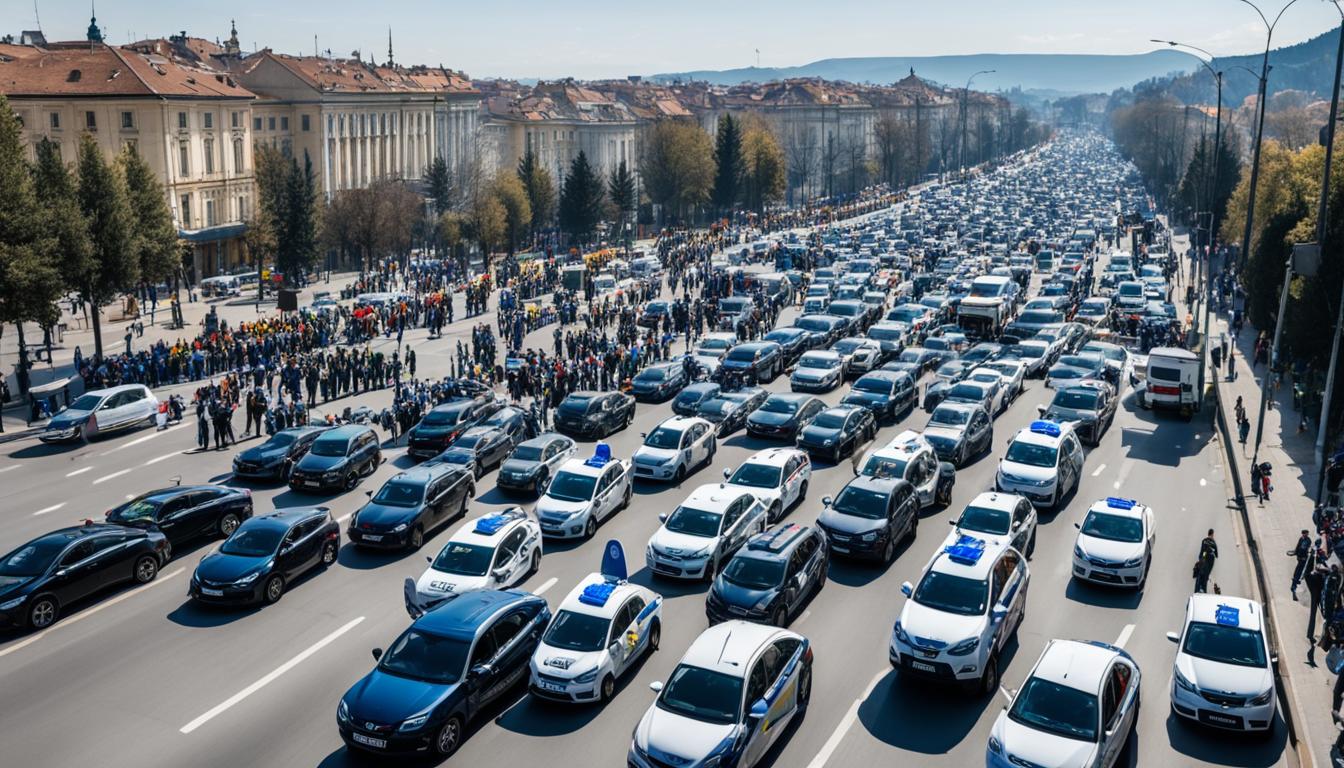


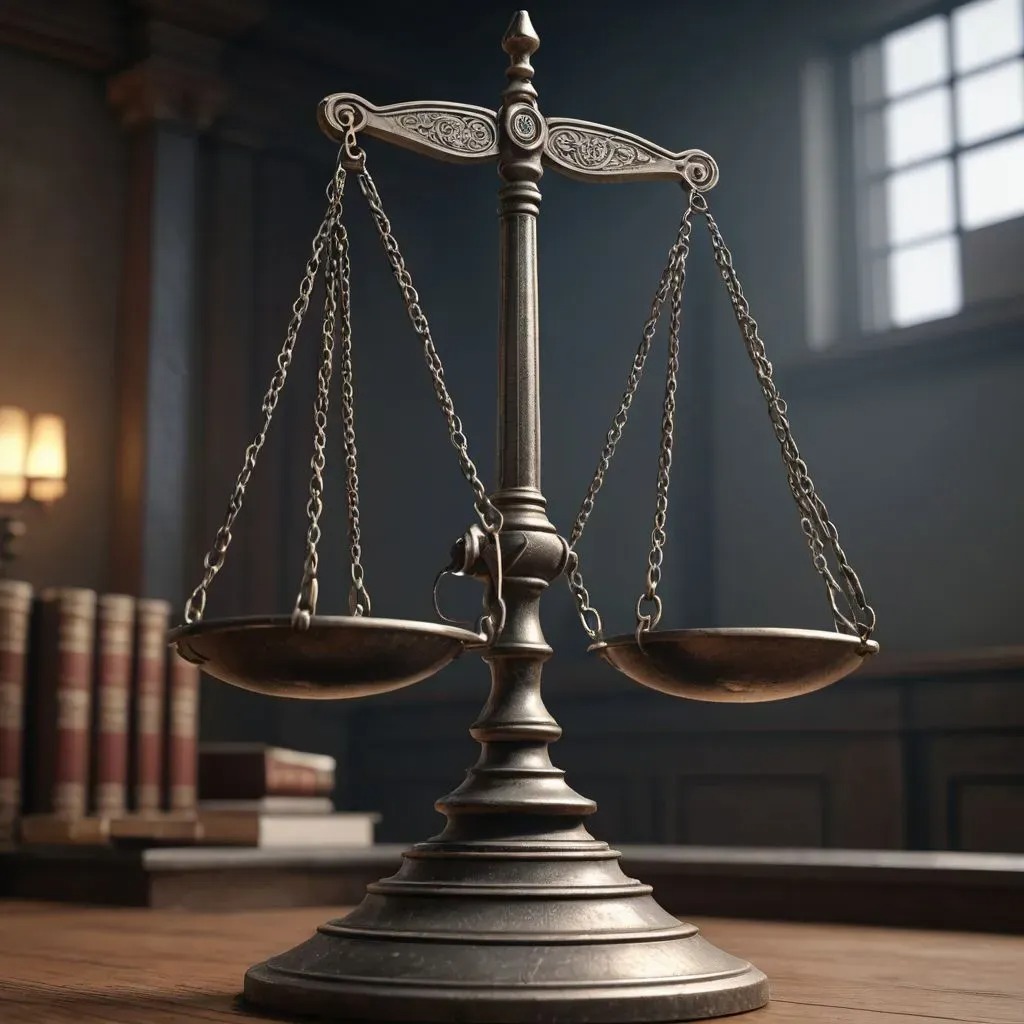
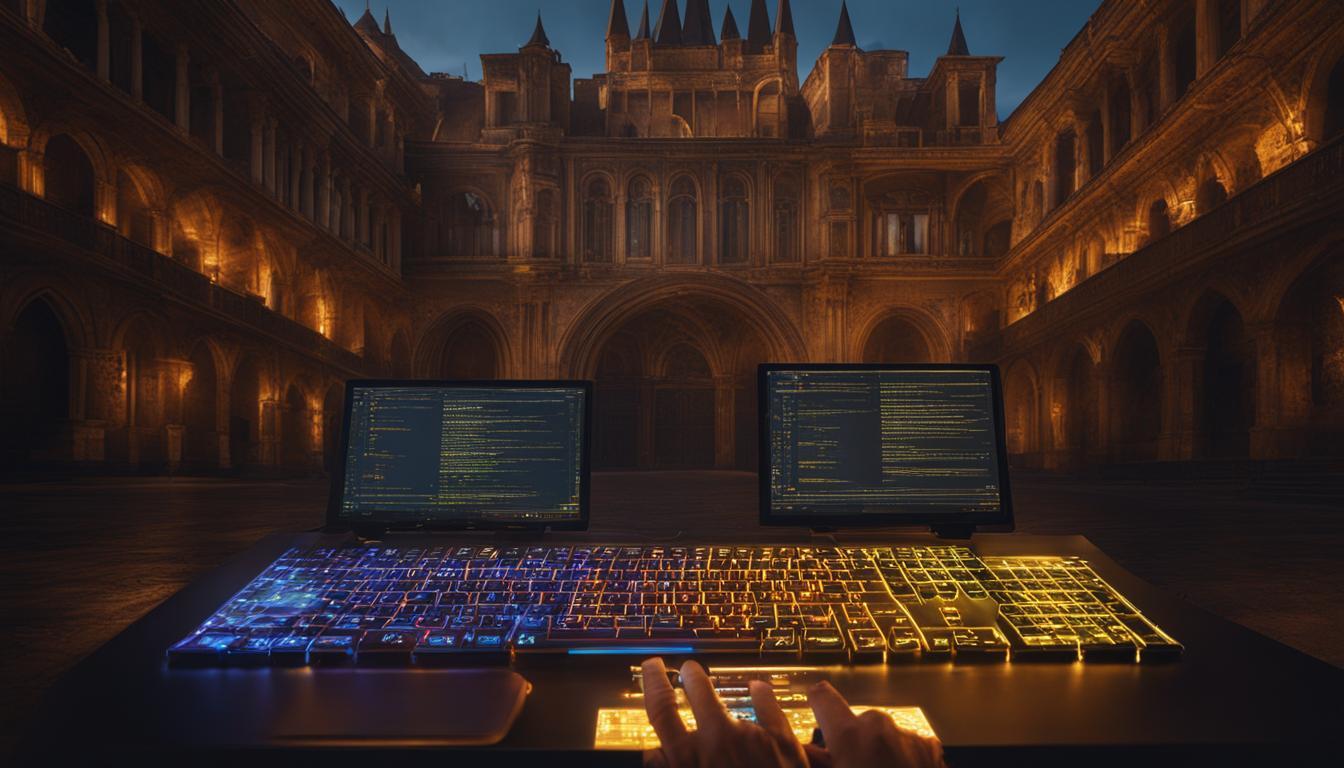
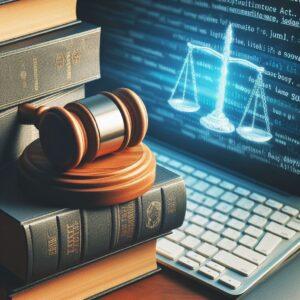
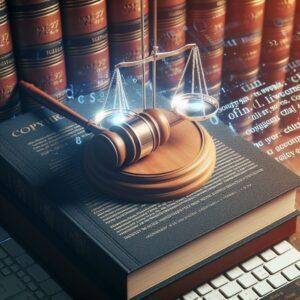



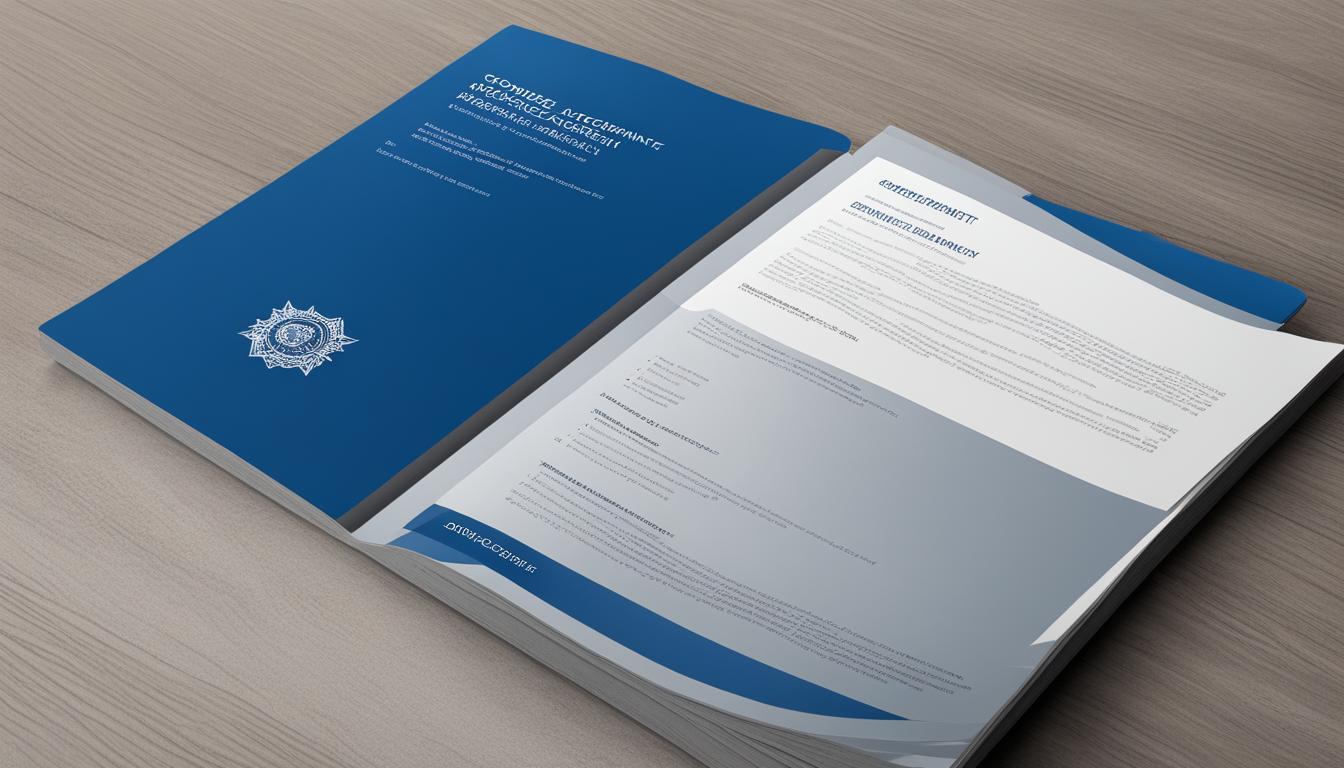


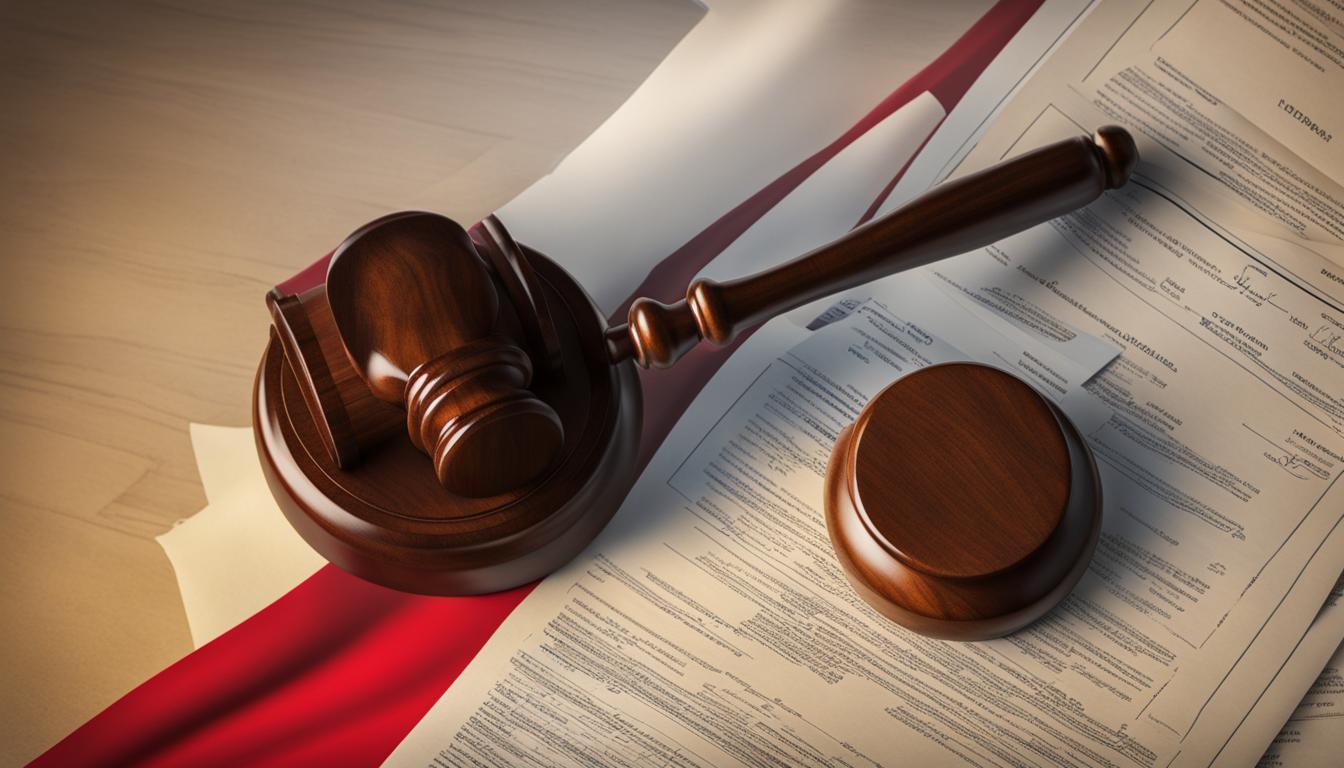
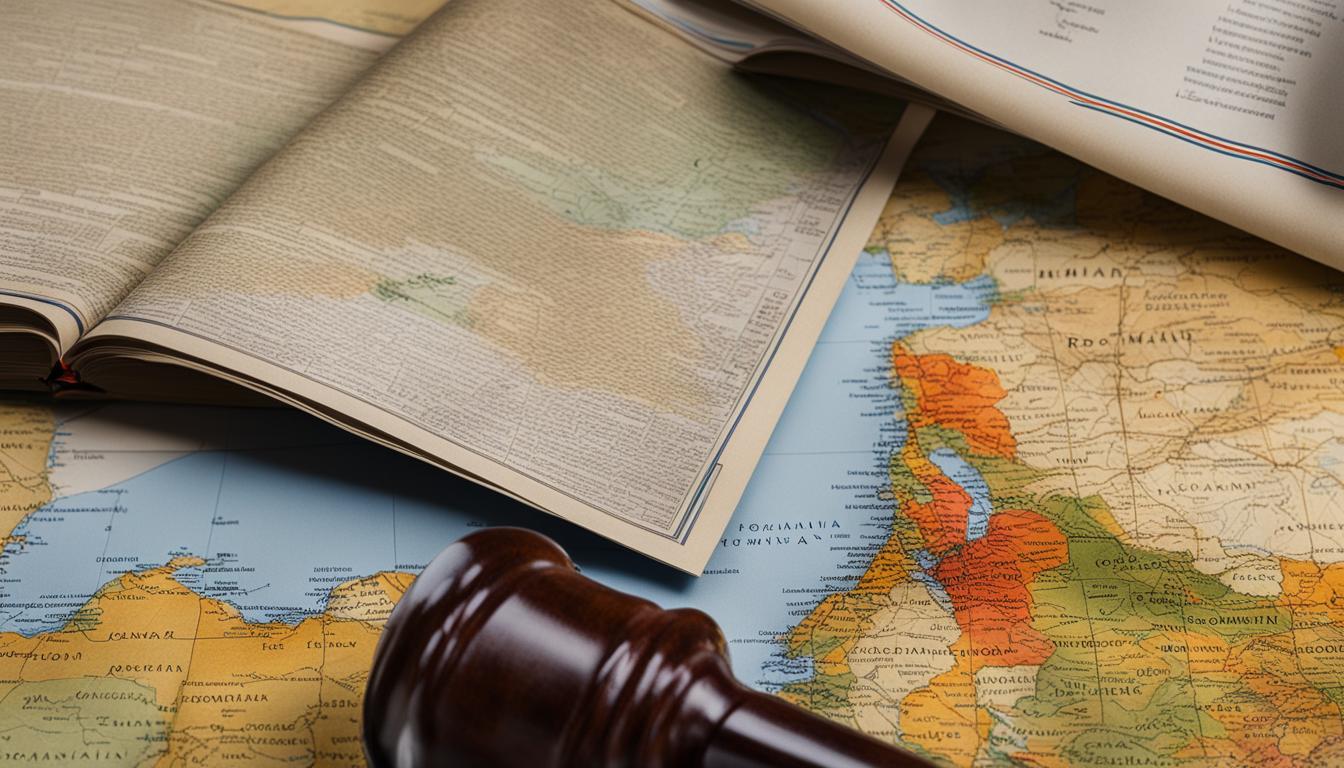







 Timeline Item 1
Timeline Item 1
